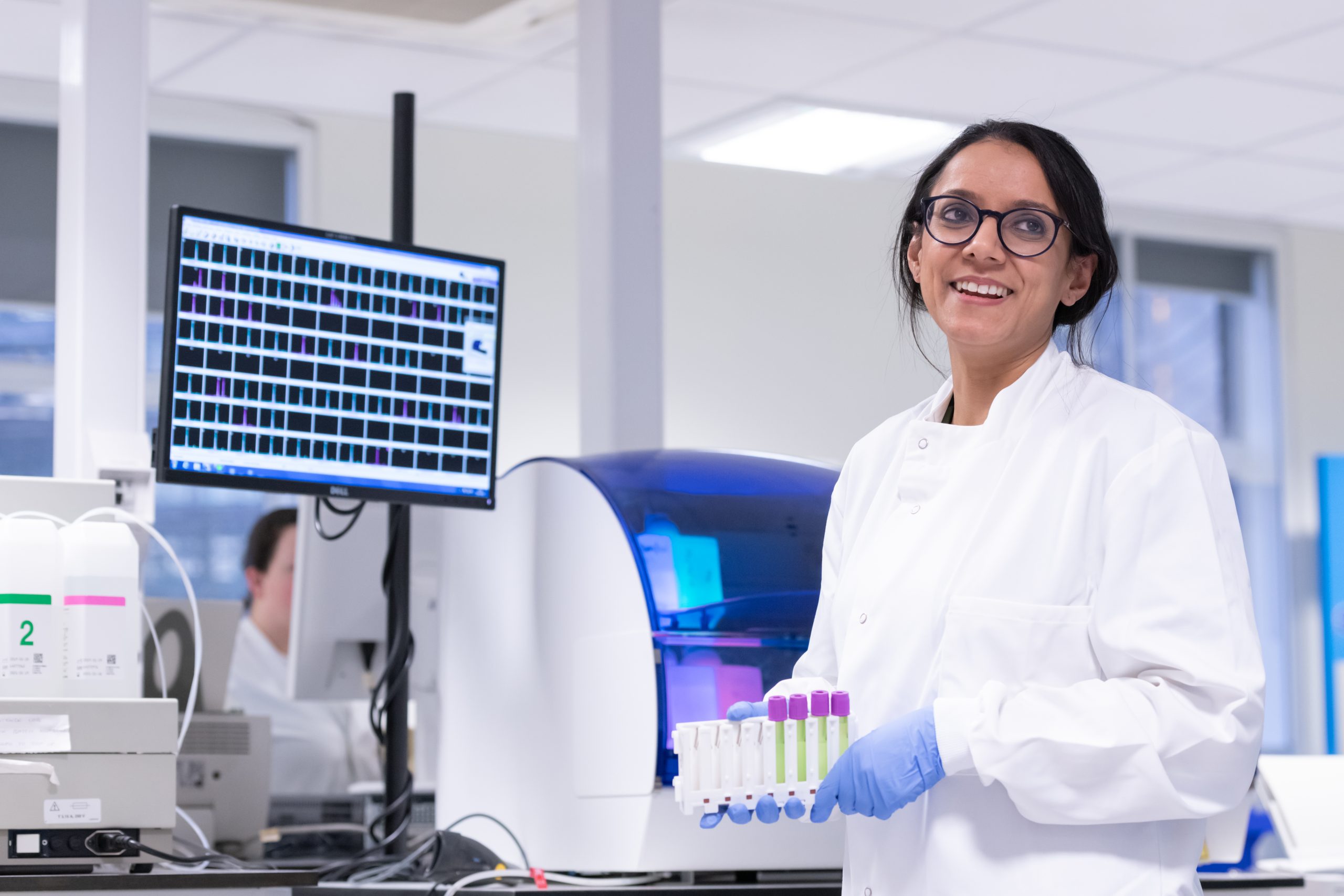
While traditionally seen as a disease of older adults, type 2 diabetes is increasingly affecting younger people. This “early onset” form carries a higher risk of complications and earlier death. To mark Diabetes Awareness Week, Dr Shivani Misra from the Department of Metabolism, Digestion and Reproduction sheds light on her research which aims to tackle early onset type 2 diabetes in individuals from minority ethnic backgrounds.
When I was at medical school, I learned that type 2 diabetes was a condition that affected middle-aged or older adults often living with obesity. However, these days the demographics of who is affected by type 2 diabetes have drastically changed. More and more younger adults and children are affected with type 2 diabetes and we call this early onset type 2 diabetes, typically defined as a diagnosis before the age of 40 years.
What we do know from large analyses across the world, is that when you’re diagnosed with type 2 diabetes at earlier age, your diabetes can progress through to complications very rapidly and also reduce life expectancy. Of even greater concern is the impact on women living with early onset of type 2 diabetes, in whom pregnancy can be complicated because of type 2 diabetes and there’s a higher risk of foetal death, sadly.